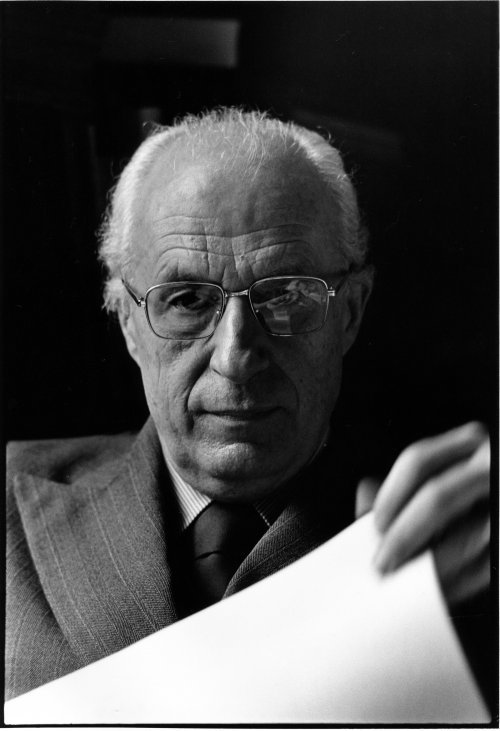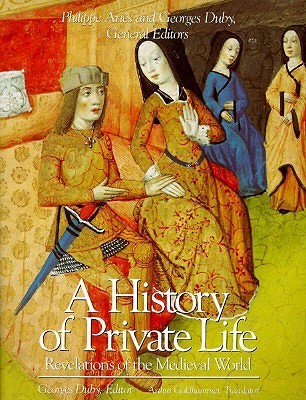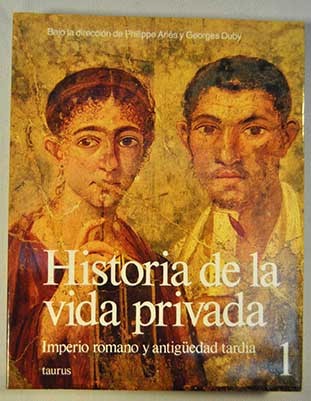
Part of Series
Author

Philippe Ariès (21 July 1914 – 8 February 1984) was a French medievalist and historian of the family and childhood, in the style of Georges Duby. He wrote many books on the common daily life. His most prominent works regarded the change in the western attitudes towards death. Ariès regarded himself as an "anarchist of the right". He was initially close to the Action française but later distanced himself from it, as he viewed it as too authoritarian, hence his self-description as an "anarchist". Ariès also contributed to La Nation française, a royalist review. However, he also co-operated with many left-wing French historians, especially with Michel Foucault, who wrote his obituary. During his life, his work was often better known in the English-speaking world than it was in France itself. He is known above all for his book L’Enfant et la Vie Familiale sous l’Ancien Régime (1960), which was translated into English as Centuries of Childhood (1962). This book is pre-eminent in the history of childhood, as it was essentially the first book on the subject (although some antiquarian texts were earlier). Even today, Ariès remains the standard reference to the topic. Ariès is most famous for his statement that "in medieval society, the idea of childhood did not exist". Its central thesis is that attitudes towards children were progressive and evolved over time with economic change and social advancement, until childhood, as a concept and an accepted part of family life, from the 17th century. It was thought that children were too weak to be counted and that they could disappear at any time. However, children were considered as adults as soon as they could live alone. The book has had mixed fortunes. His contribution was profoundly significant both in that it recognised childhood as a social construction rather than as a biological given and in that it founded the history of childhood as a serious field of study. At the same time, his account of childhood has by now been widely criticised. Ariès is likewise remembered for his invention of another field of study: the history of attitudes to death and dying. Ariès saw death, like childhood, as a social construction. His seminal work in this ambit is L'Homme devant la mort (1977), his last major book, published in the same year when his status as a historian was finally recognised by his induction into the École des hautes études en sciences sociales (EHESS), as a directeur d'études.



